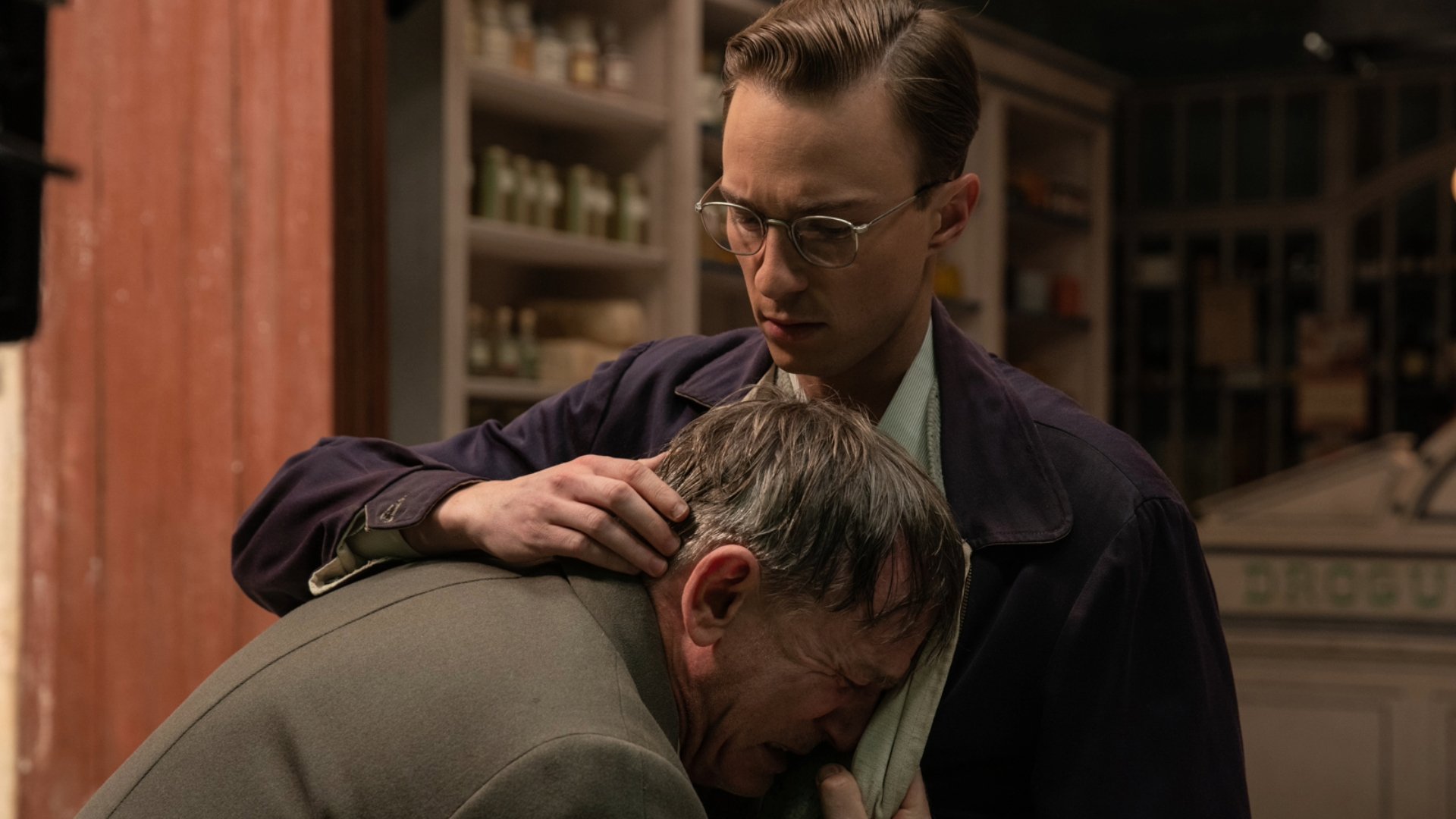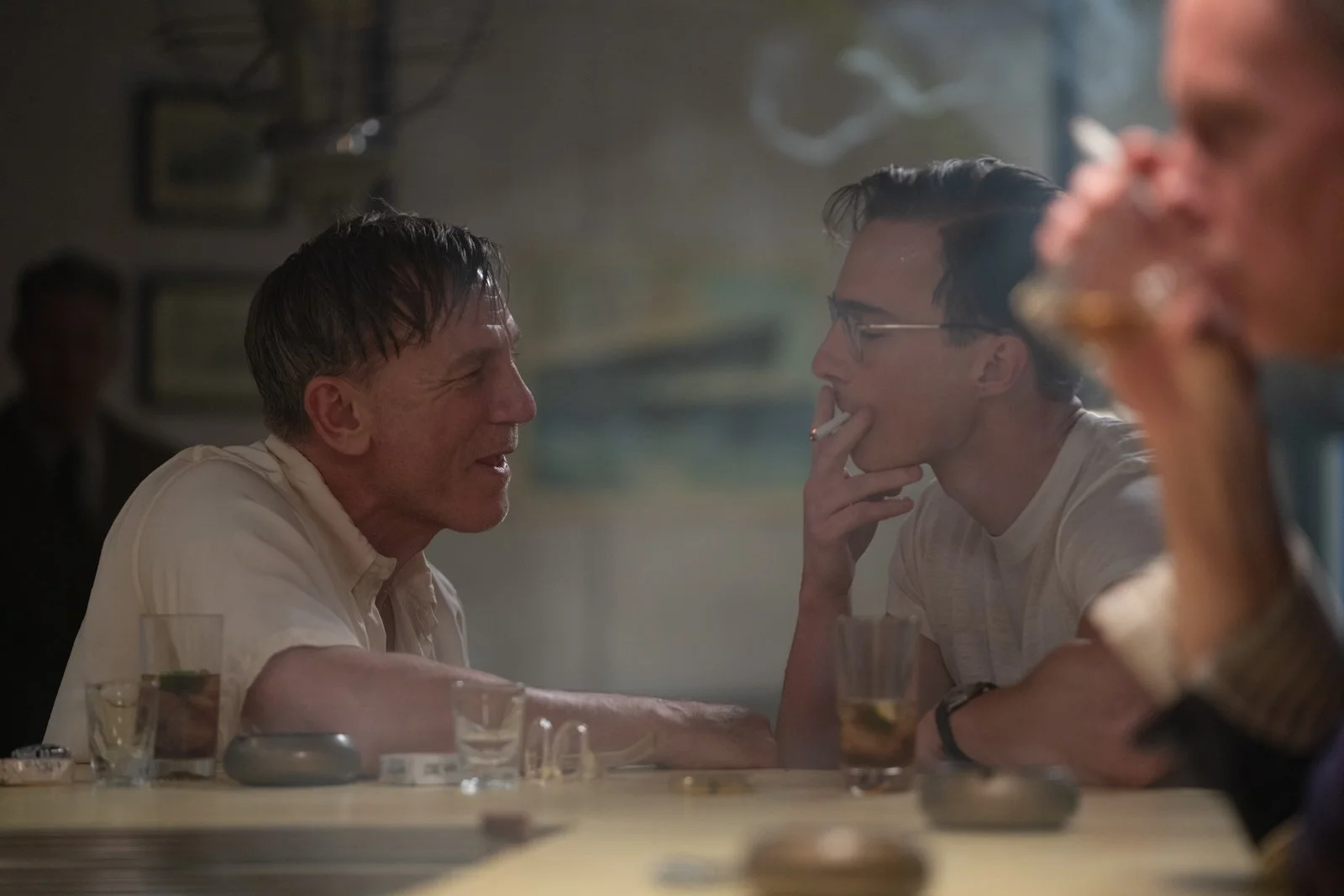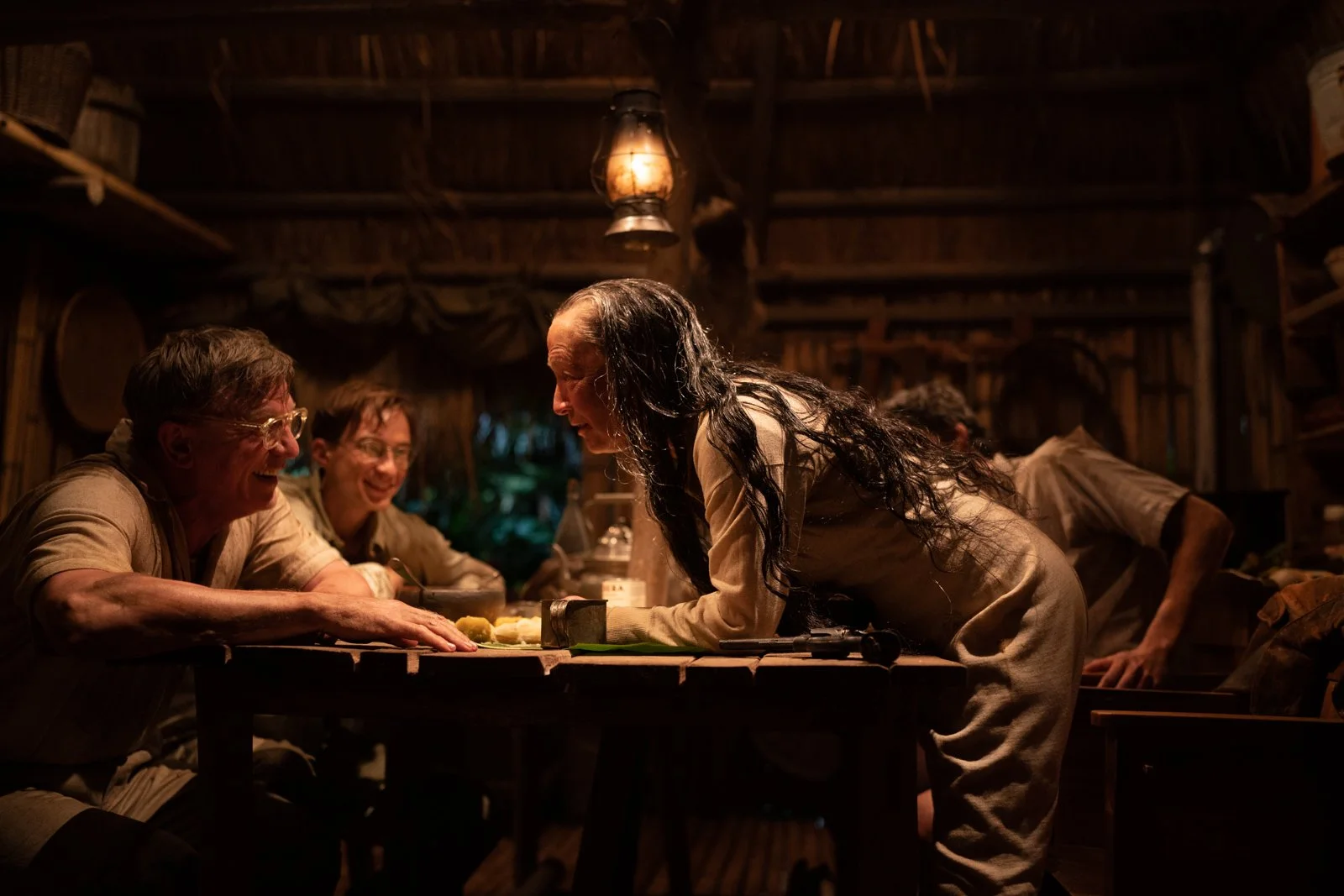'Queer' Review: Guadagnino Explores Esotericism With a Poignant, Homoerotic Portrait of Relationships
Having two Luca Guadagnino films drop within one calendar year is the best way to spoil a cinephile. It would’ve been great if Challengers came out last year as originally intended, but AMPTP had to play with writers' and actors' livelihoods for months. Two Guadagnino (and Challengers writer Justin Kuritzkes) movies in the same year are an absolute blessing. Their latest, Queer, based on William S. Burroughs' unfinished novel, is a tragic fable about connection and yearning, executed in a distinctive Luca manner. And whenever Luca gets a little abstract in his approach, some of the subtext he imbues is lost in translation for me. Though I know it will grip others (gay men) in ways I cannot comprehend – similar to what Andrew Haigh's All of Us Strangers did last year. Artistic approach aside, I find Queer to be Guadagnino's most inventive and confident work to date.
Image copyright (©) Courtesy of A24
R: Strong sexual content, graphic nudity, strong drug content, language and brief violence.
Runtime: 2 Hrs and 17 Minutes
Production Companies: Fremantle North America, The Apartment Pictures, Frenesy Film Company
Distributor: A24
Director: Luca Guadagnino
Writer: Justin Kuritzkes
Cast: Daniel Craig, Drew Starkey, Jason Schwartzman, Henrique Zaga, Lesley Manville
Release Date: November 27, 2024
1954, 40-something American-based expat and drug addict William Lee (Daniel Craig) traverses life in Mexico City as an out gay man. Lee dresses like a posh gentleman and always has a pistol in his holster. He spends his days hanging out in a local café surrounded by other gay American men living in the city. At night, Lee is hungry like a wolf: usually on the prowl for a late-night lover to take to a one-night-stand motel. During an evening stroll, he encounters Eugene Allerton (Drew Starkey), a younger man of suaveness and authority, and immediately becomes infatuated with him. After mustering up the courage, and sometimes flailing like a dweeb, he and Allerton become friends, and eventually lovers. Yet, Lee wants more out of their relationship, specifically a way to reach him telepathically.
Guadagnino Fuses the Sensuous and the Abstract For the Sake of Love
If Challengers was Guadagnino in (commercial) restraints then Queer is Guadagnino unleashed. He dusts off some of the homoerotic intimacy of Call Me By Your Name and the Giallo atmosphere of Suspiria, cranks them both up a notch and seasons them in a way that honors Burroughs' work in a contemplative and surrealistic manner. I admit that I have no familiarity with Burroughs. However, Guadagnino seemingly had a burning passion echoing the late writer's spirit. It's evident within the opening credits that feature typewritten manuscripts of his novel.
Guadagnino is completely radical, going all in on the explicitness of its sex scenes that'd probably make his CMBYN-era self blush and avant-garde imagery, illustrating the constant desires and regrets Lee experiences with Allerton while their relationship unfolds. I love how much of the shot composition wavers between a classic old-school movie boasting colorful and beautifully lit backdrops, a documentary, and a mindfuck. The latter still has me puzzled about some of the meaning behind his most esoteric scenes, and I bet my confusion would make Guadagnino gleeful. It made me want to read one of Burroughs' books and learn more about his life, especially after learning that Lee is based on his own experiences during the 1950s.
Daniel Craig Delivers His Career-Best Performance
In the past decade, Daniel Craig proved versatility outside of James Bond with roles in Logan Lucky and Rian Johnson's Knives Out series as detective Benoit Blanc. His portrayal as William S. Burroughs is unlike any Craig had undertaken before, and is by far the finest he's ever been. He saw his wife Rachel Weisz's remarkable ability to portray lesbian characters and said, "I can do the same for the gay male community," with a performance of comparable caliber.
Craig illustrates the portrait of a homosexual man with a Russian Doll complex, as many people have, elegantly. At first, Lee is established as someone with demure attire, and ego in conversational behavior, yet suffers from an eternal thirst that can never be completely quenched. It's a portrayal of self-destruction fueled by a deep loneliness, and while the film takes a slow-burn approach to unravel its crushing truths about Lee's background, the weight of his loneliness is reflected in his daily routine involving getting wasted, every kind of high, and railing men. Upon the arrival of Allerton, Lee wears his raw heart on his sleeve and falls apart at the seams. Craig moves with an assured unsureness and is always physically unbalanced, even when he's completely sober. To see Daniel Craig turn into a little schoolgirl with a first crush and depict it in a way that's so sincere and touching is part of why he is one of the year's strongest performances.
Drew Starkey is also brilliant. He completes Craig via Allerton, who is something of a male fatale and foil to Lee's unwavering and craven affection. Starkey carries this youthful, suave demeanor, coupled with an ominous gaze that keeps the viewers on their toes. By default, his tougher, cooler, blunt attitude makes him dominant in their relationship, age gap be damned. But the entire time, his aloofness and rejection of any intimacy, physical or not, has you curious as to what his deal is. Starkey keeps up that mysterious nature and emotional harboring with a vigor that says, "This is my only chance to break out of that Outer Banks bubble! All in or nothing!"
Queer is a Love Story That I Can’t Completely Comprehend (And That’s Okay)
The complications in Lee and Allerton's relationship are something universal that many people who fell from an emotionally unobtainable person can resonate with. Craig's tender portrayal of Lee encapsulates the pain and desire we all share with wanting to "talk to someone without speaking," to paraphrase Lee's words to Allerton. Guadagnino drives the dagger into your heart by utilizing ghastly imagery to signify "what could've been" during their scenes of companionship. However, I found myself, like Allerton, experiencing a disconnect from an area that I should’ve been fully immersed in. Queer wasn't emotionally resonating with me as strongly as Call Me By Your Name and Bones and All did.
Initially, I assumed that it was related to Kuritzkes having to fill in the pages that Burroughs was unable to complete. However, I believe this is not the case. Kuritzkes and Guadagnino form a formidable writer/director duo that engages the viewer in the intricate details and unspoken tragedies of romantic relationships, which are rarely explored in contemporary films.
Perhaps it's during its second half when the narrative pivots to an adventure film format, as Allerton and Lee go on a trip to South America. There, Lee tries to find a drug that is rumored to make you connect with your lover telepathically. Within the jungle, they meet a cutthroat and kooky botanist in Dr. Cotter (Lesley Manville) and as time is spent with her, the tone becomes looser, feeling as if you're watching a different movie. Yet, this is where the film reaches its peak regarding its exploration of romantic connectivity, bearing some of the rawest imagery Guadagnino has done in his career. As aforementioned, Guadagnino goes into an astral realm, combining the resonating notions of longing with a ghastly, psychological horror approach that didn't land with me as much as I'd hoped. And that's okay. I didn't fall head over heels for its explicit and artistic introspection of love beyond sexual identity from the lens of a devastating relationship but I respect his efforts to honor a man whose life was an enigma with a film that is one in of itself.
Rating: 3.5/5





